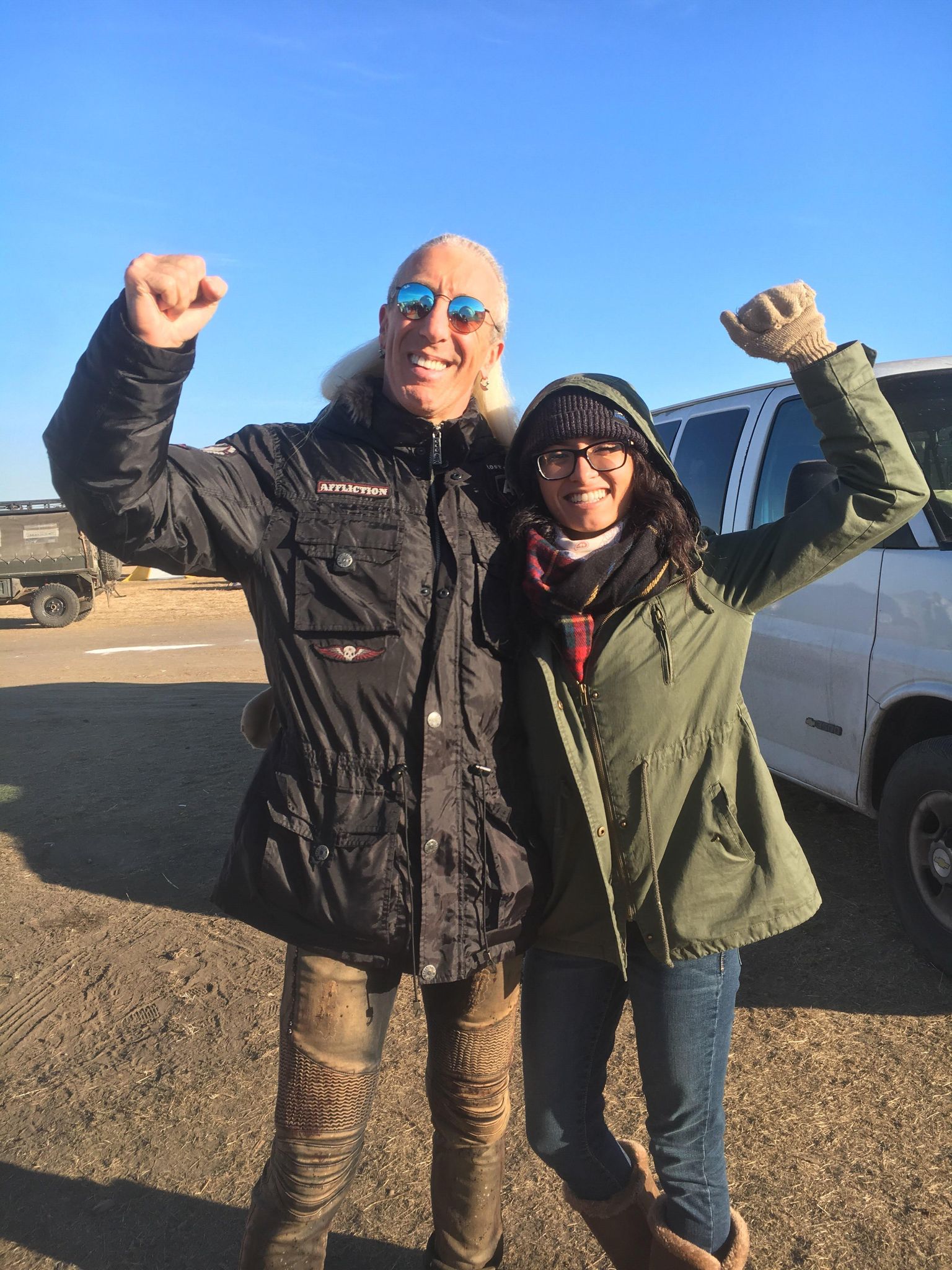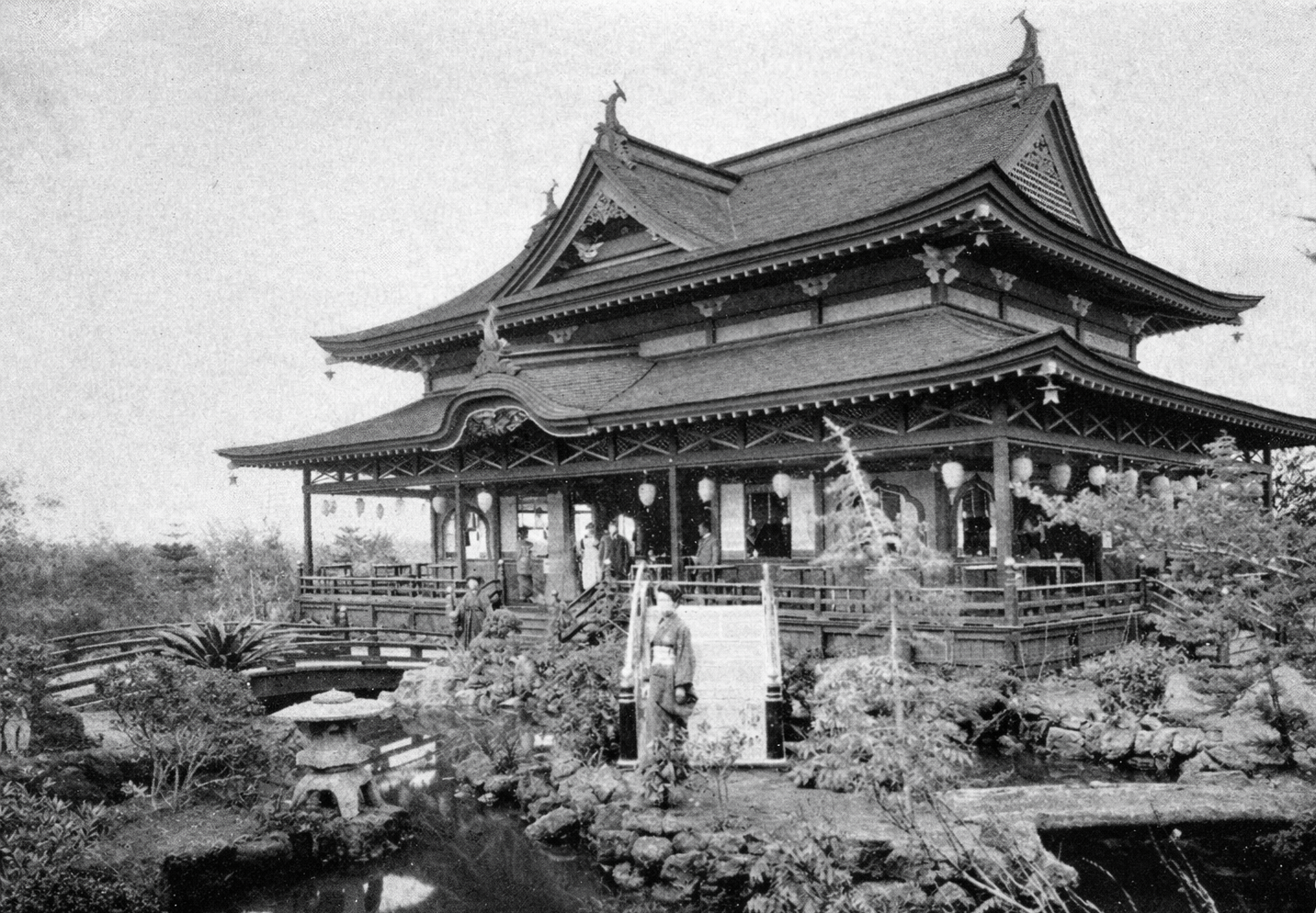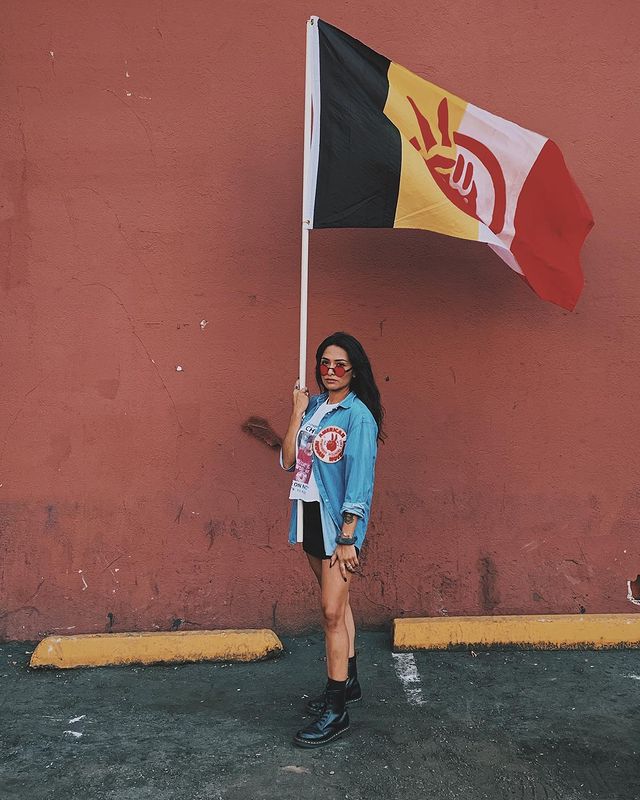
Indigenous Stories: Angela Villalobos

I have started a new section on my site called ‘Indigenous Stories’. Through this section we will get the opportunity to learn about the current struggles and stories from the original inhabitants of our city: the Kumeyaay People. Many of us have lived in San Diego our entire lives and feel deep connections to this land.
The Kumeyaay People’s generational ties span over 12,000 years though. The mountains, lakes, rivers, creeks, valleys, ocean, etc. we get the opportunity to enjoy have deep meanings and history for them. They have been fighting to protect this land for centuries now. Visiting any such place should always mean to come with the utmost respect (hint: no tagging or leaving trash behind).
I feel it is everyone’s duty who lives here to learn about the struggles their people have endured and what messages they want to get across. Today, I will start with my friend Angela Villalobos who grew up on the San Pasqual Indian Reservation. We discussed what it was like growing up on the reservation, how it felt to be taught a false narrative in school, being on the frontlines at Standing Rock and common misconceptions or stereotypes thrown at her people.
Growing up on the San Pasqual Native Reservation
Me: Ok first question, where did you grow up?
Angela: I grew up off of Canal Rd, on the San Pasqual Native Reservation.
Me: What was it like growing up on the reservation and how did it differ from other places you have lived?
Angela: As a kid, I wasn’t aware of a lot that happened on the Rez. We played in the dirt and ran around bare-footed, it was great.
As I got older, I became more aware of the drinking/drug usage on the reservation. I saw a lot of my cousins turn into people I didn’t recognize. I lost a lot of family members due to substance abuse.
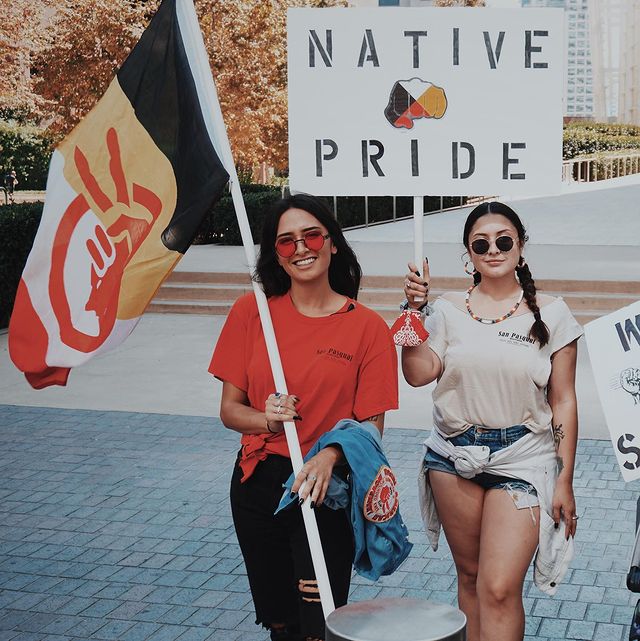 My mom lived in the city and my dad stayed on the Rez. During the winter time on the reservation, temperatures would drop below freezing. There were times we had to go to bed with two pairs of socks, a sweat shirt & a beanie. The raining season made the dirt an actual slip & slide. At the time our roads weren’t nicely paved and our drive way/ front yard was dirt.
My mom lived in the city and my dad stayed on the Rez. During the winter time on the reservation, temperatures would drop below freezing. There were times we had to go to bed with two pairs of socks, a sweat shirt & a beanie. The raining season made the dirt an actual slip & slide. At the time our roads weren’t nicely paved and our drive way/ front yard was dirt.
You’d get surrounded by it. You need two pairs of shoes, one to get to your car & the second were the shoes you would wear out in town. During summer, it was brutally hot. We didn’t have central heating and air. We had very little to stay cool. Growing up everyone would tell me not to drink the tap water, as the water on the reservation wasn’t “clean”.
In contrast to my mother’s lifestyle, I didn’t have to think twice about having heat, or AC, clean water or food. It was all right there. For that I was fortunate, but deep down it hurt to know a lot of relatives lived through these hardships. Being on the reservation made me realize how easy it was to live in town. There was more access to groceries, restaurants & even paved roads. In the same sense, being on the reservation humbled me as a child because those luxuries weren’t as easily attainable.
Me: Do you know what year your reservation was established? And where your family’s village was before?
Angela: 1910 is when our reservation was established in valley center. Our people originally resided in the San Pasqual valley near what is now the Safari Park
Me: Oh wow. Do you know if it’s the huge meadow developers were trying to build houses on a few years ago? I do believe it being mentioned that it’s a sacred area.
Angela: There was an act in 1891 that gave “relief to Indians” as the US government provided land for us which in now where we reside currently. All the land that we currently in Escondido is legal (from what I know from our history). That land hasn’t been “ours” for about few hundred years.
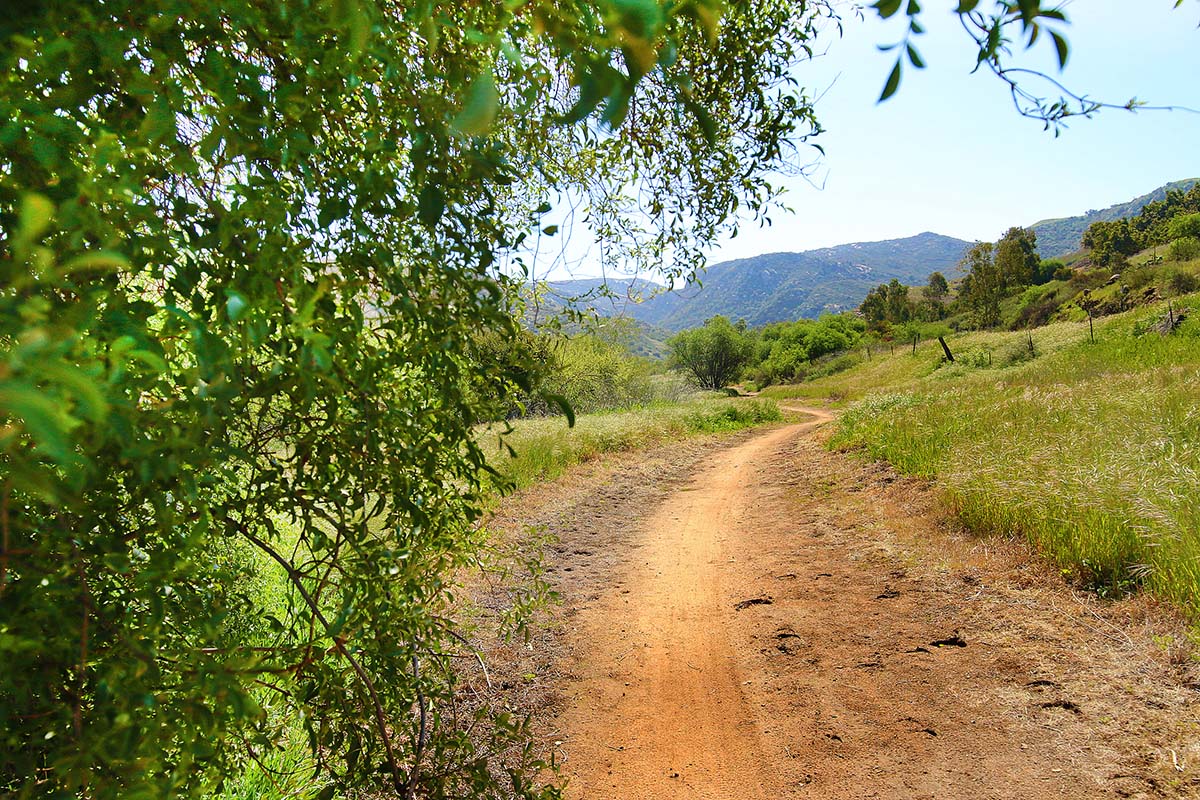
San Pasqual Valley
Me: Do you feel that the reservation as a whole is keeping the traditions of your ancestors alive? If so, in what ways? Are there specific gatherings or celebrations that are held?
Angela: Yes and no. I feel like the reservation should do a lot more educational classes for those who weren’t taught at an early age or situations where they didn’t get a chance to learn from their parents. I say yes because I know that the education center on the reservation does a lot of after school programs that integrate our customs and traditions.
We also have gatherings where we sing and dance. Those are my favorite. I definitely think we need more language classes for adults before we completely lose our language
Me: Were you aware at even a young age at the attempted erasure of your culture from our history books in school and the western culture? I remember as a child the plays we would have to participate in with the pilgrims and Indians having a feast with each other. Did you realize even then how off this was and offensive it was to your culture?
Angela: Yes! Teachers hated me for that lol. I would always remind them that the historical thanksgiving story they tell us isn’t true. I would remind them that we were killed. It wasn’t until I was older that I learned that the “thanksgiving” massacres would happen every month. Not once a year like the history books teach.
Standing Rock
Me: Now you were on the frontlines at Standing Rock defending the land of the Sioux Tribe during the Dakota pipeline fiasco, right? Can you tell my readers a little bit about your experience there and how you guys were treated while trying to protect access to freshwater and sacred land?
Angela: When I first got there it was really cool to see the camp. There were over 200+ nations there. It was cool to be in a place of mostly natives. It was great to see a lot of allies too!
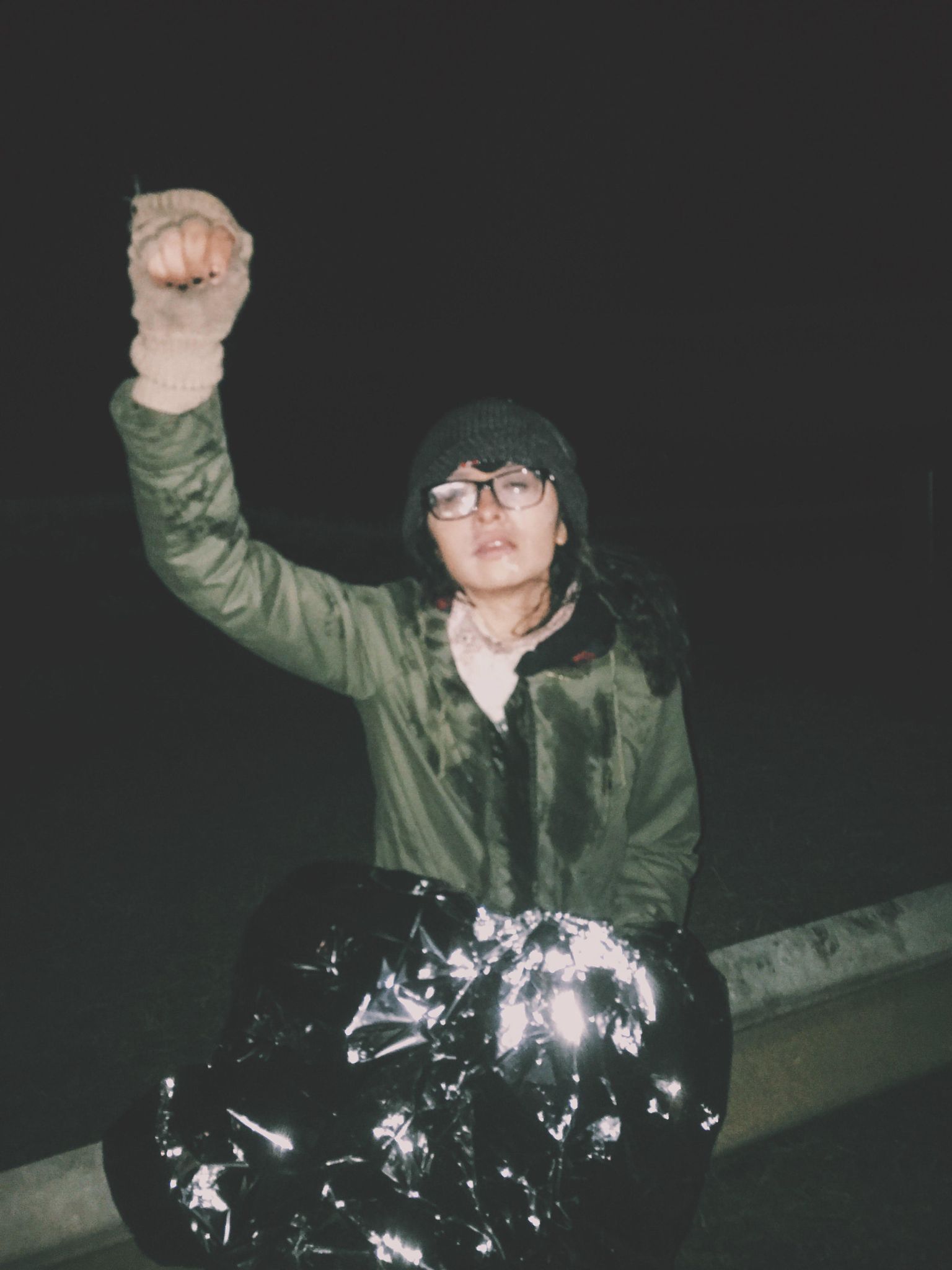
Angela after being maced by the military at Standing Rock
I was out there for about a month! We set up camp with SoCal AIM. After a few days of being there we saw construction was going on while we slept. One night we decided to blockade the area where the US government was trying to extend the next area for the pipeline. We were NOT violent at all. We sang ceremonial songs and chanted.
The night we went out to protest it was about 10-13 degrees outside. The US government sprayed us with water mixed with some type of solution, making the water not freeze all the way when it made contact with us.. making it even more cold than what it was.
When we got spayed with the water/solution combination we chanted “MNI WICONI”, in Lakota, that means “water is life”. The US continued to spray us thinking it was push us back away from the frontlines. We did not move as we are defending sacred grounds.
When we didn’t move they threw flash grenades, they tear gassed us. Eventually when everything was gassing up, the US government moved in and maced us. Something straight out of a movie. The flash grenades made me lose my hearing, the tear gas made it hard for me to breathe & eventually when I was maced, I couldn’t see. During this time I was assisting one of my elders out of the crossfire of all this & I then became too weak to pull him out. I got too weak to even pull myself out.
Luckily, there was a guy, Jason Pinto, who was camping with us and was able to pull me and Graywolf out of the “war zone.” When I was finally able to see I saw this girl (she wasn’t native, just an ally) and she had gotten shot with a defaced rubber bullet. Her arm was about to come off, it was one of the most gruesome things I have ever witnessed in my whole life.
The next morning we went into town to get a motel room in the neighboring city to shower (there were no showers at camp, just porta potties). When we got to the motel, we were denied a room! The manager of the motel said & I quote “we know why you guys are here and we will not allow you to stay”. The next motel we went to we also got denied and the next manager said “we do not let your people stay here”. Finally the 3rd motel let us stay and have a room. The security guard said if anyone where to give us any hassle while being there to let him know, which was really refreshing.
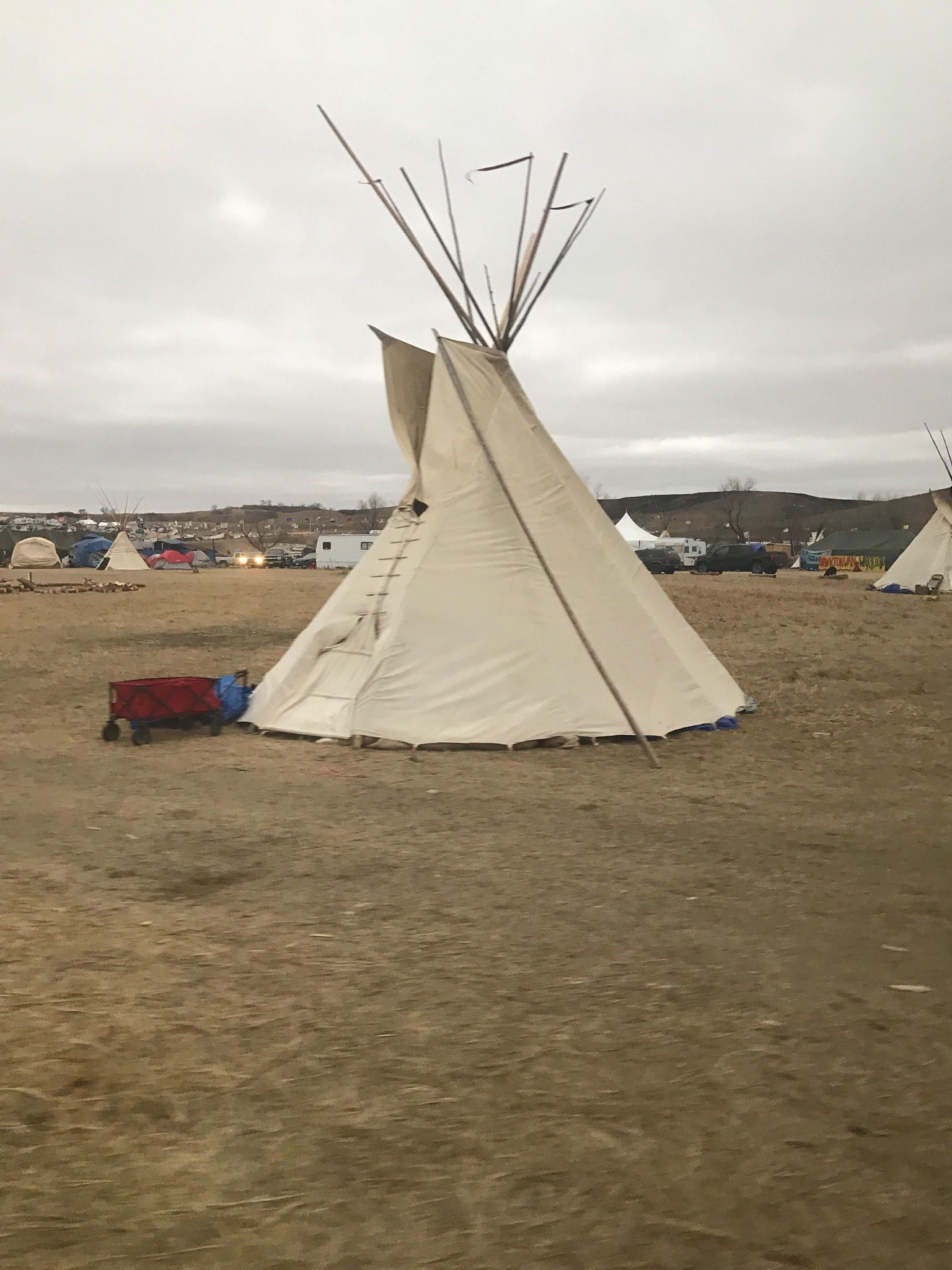
When staying in the room we were able to watch the news. CNN reported that the protestors (our camp) were looting and rioting. They said we started a fire by the camp and that’s why the US government sprayed us with water. The fire they were referring to was actually started on the other side of the blockade where the US government was… we couldn’t cross that line AT ALL. It was annoying to see how the media works. We were peaceful.. I didn’t get it.
A few days later we did a prayer walk on the reservation and the cops blocked us from walking. They said if we continued to walk, we will face being in prison.
Once that happened another few days pass and we went into the city to bring awareness to what was going on at the pipeline. When we were protesting in the city a lot of people were arrested (and no we weren’t violent).
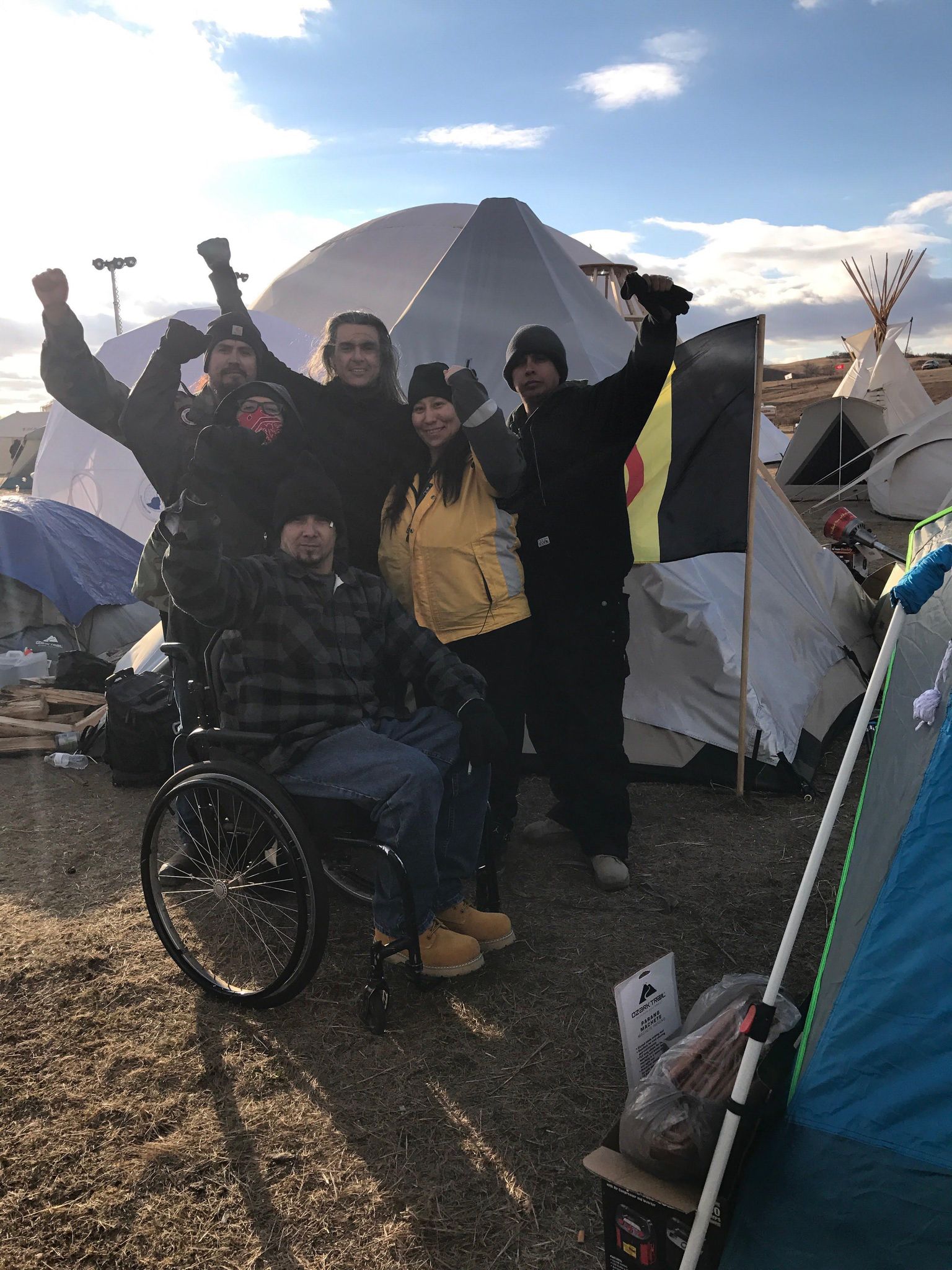
Camp was cold. People were getting sick. We noticed that there were helicopters flying above us spraying chemicals on us. My cousin had to leave camp before I did because he was coughing up blood from the chemical reaction.
Like I said, it was nice to have a lot of natives in one spot, but terrifying. All of us in one spot can make it easy for the US government to wipe us out, how they previously done in the past.
Present Day Issues
Me: What are the main frustrations you and your people are currently dealing with in regards to false narrative, mainstream media, etc.? And what are your wishes for?
Angela: The main frustrations I have with false narratives or just main stream media’s I have are how they portray us as drunks or drug addicts. If they don’t insult us there, anytime we speak out about being oppressed, they want to depict us as savages or how violent we are.
In fact we are the opposite of all those stereotypes. We have reservations getting clean and making sure less drugs are on the Rez. Alcoholism has drastically gone down, graduation rates are up, more Natives are attending colleges & a lot of us are activists looking for a change…but we are not violent. We pray to Creator hoping all of this oppression stops. We stand in solidarity with other communities who also are being oppressed.
Learn more about the San Pasqual tribe and how to support them HERE
